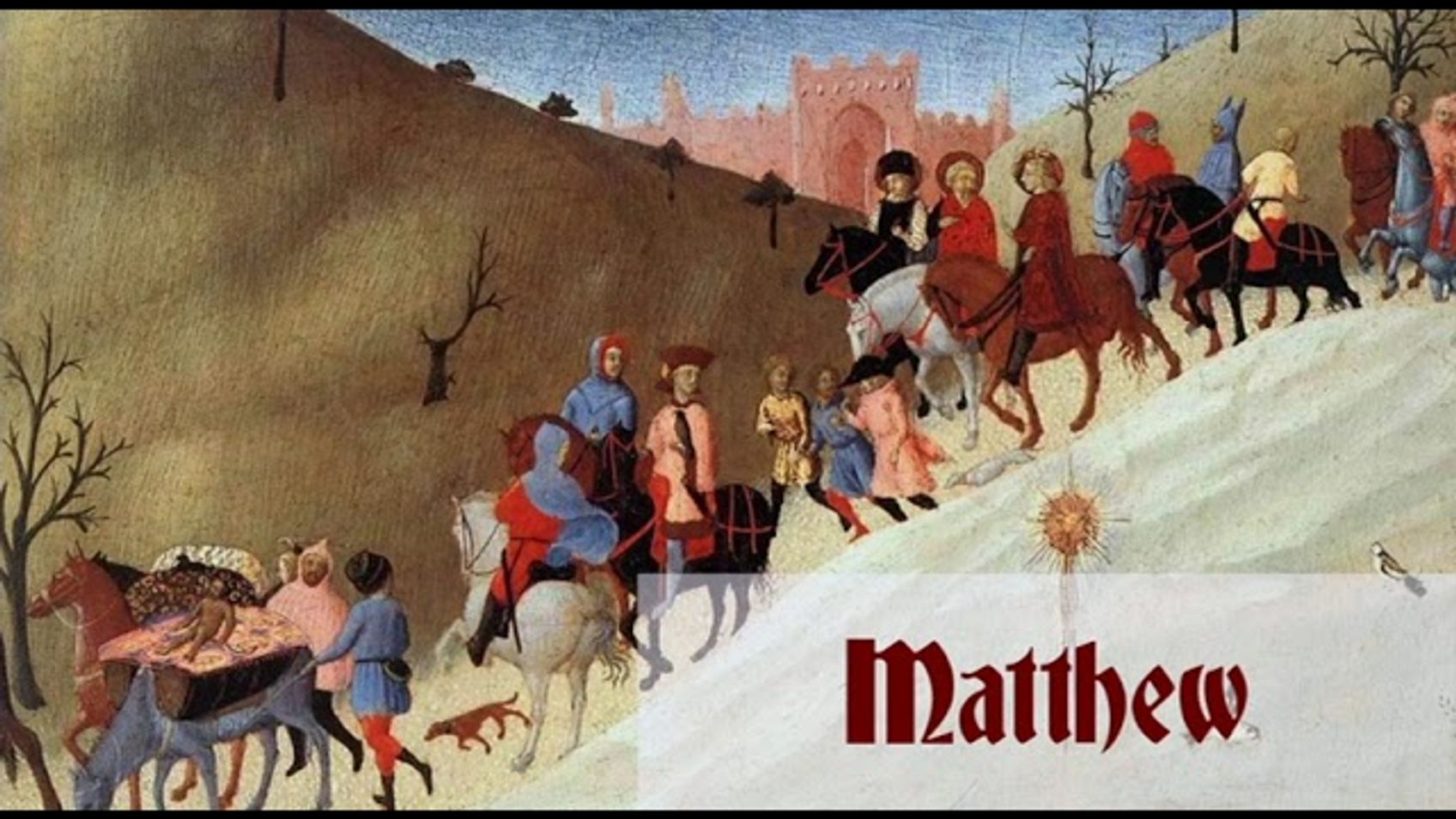Matthew: Chapter-by-Chapter Commentary

*CONTENTS*
00:00:00 - Matt 1.1-17: Genealogy of Jesus
00:12:16 - Matt 1.18-25: Birth of Jesus
00:20:54 - Matt 2: Visit of the Magi and Flight into Egypt
00:37:46 - Matt 3: John the Baptist
00:51:06 - Matt 4: Temptation in the Wilderness
01:09:27 - Matt 5.1-20: The Beatitudes
01:29:07 - Matt 5.21-48: Fulfilling the Law
01:47:19 - Matt 6.1-18: Prayer and Fasting
02:08:12 - Matt 6.19-34: Possessions and Anxiety
02:15:01 - Matt 7: Building on the Rock
02:31:07 - Matt 8.1-17: Healing the Centurion's Servant
02:38:19 - Matt 8.18-34: Calming the Storm
02:50:16 - Matt 9.1-17: Questions Concerning Fasting
03:00:26 - Matt 9.18-34: Healings
03:10:40 - Matt 9.35—10.23: Sending out the Twelve
03:25:45 - Matt 10.24-42: Instructing the Twelve for their Mission
03:31:49 - Matt 11: Messengers from John
03:45:42 - Matt 12.1-21: Lord of the Sabbath
03:57:21 - Matt 12.22-50: Binding the Strong Man
04:09:49 - Matt 13.1-23: Parable of the Sower
04:26:10 - Matt 13.24-43: Parables of the Weeds, Mustard Seed, and Leaven
04:38:13 - Matt 13.44-58: Parables of Hidden Treasure, Pearl of Great Price, and the Net
04:47:48 - Matt 14: Death of John, Feeding the Five Thousand, and Walking on Water
04:58:58 - Matt 15.1-28: Defilement
05:12:00 - Matt 15.29—16.12: Leaven of the Pharisees and Sadducees
05:22:49 - Matt 16.13-28: Confession of Peter
05:42:46 - Matt 17.1-23: Transfiguration
05:58:09 - Matt 17.24—18.14: Who is the Greatest?
06:13:30 - Matt 18.15-35: Forgiveness
06:27:48 - Matt 19.1-15: Divorce and Marriage
06:44:10 - Matt 19.16—20.16: Rich Young Man and the Parable of the Labourers in the Vineyard
06:57:53 - Matt 20.17-34: Nearing Jerusalem
07:10:16 - Matt 21.1-22: Triumphal Entry
07:21:15 - Matt 21.23-46: Parables of the Two Sons and the Wicked Tenants
07:33:43 - Matt 22.1-33: Parable of the Wedding Feast, Taxes to Caesar, and Opposing the Sadducees on Resurrection
07:47:04 - Matt 22.34—23.12: Challenging Scribes and Pharisees
07:57:31 - Matt 23.13-39: Woes
08:11:40 - Matt 24.1-28: Signs of the End
08:22:15 - Matt 24.29-51: Coming of the Son of Man
08:34:02 - Matt 25.1-30: Parables of the Ten Virgins and the Talents
08:43:55 - Matt 25.31-46: Sheep and Goats
08:57:33 - Matt 26.1-30: Passover with the Disciples
09:09:32 - Matt 26.31-56: Prayer and Arrest in Gethsemane
09:19:58 - Matt 26.57-75: Before the Council and Peter's Denial
09:29:50 - Matt 27.1-26: Before Pilate and Judas' Suicide
09:45:00 - Matt 27.27-56: The Crucifixion
09:58:29 - Matt 27.57—28.20: Burial, Resurrection, and Great Commission
If you have enjoyed my videos and podcasts, please tell your friends. If you are interested in supporting my videos and podcasts and my research more generally, please consider supporting my work on Patreon (https://www.patreon.com/zugzwanged), using my PayPal account (https://bit.ly/2RLaUcB), or by buying books for my research on Amazon (https://www.amazon.co.uk/hz/wishlist/ls/36WVSWCK4X33O?ref_=wl_share).
The audio of all of my videos is available on my Soundcloud account: https://soundcloud.com/alastairadversaria. You can also listen to the audio of these episodes on iTunes: https://itunes.apple.com/gb/podcast/alastairs-adversaria/id1416351035?mt=2.
More From Alastair Roberts
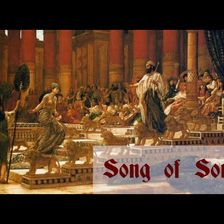
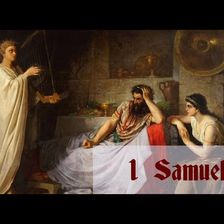
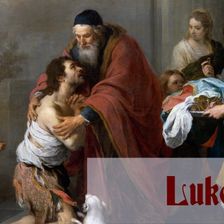
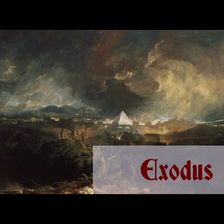
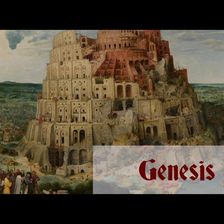
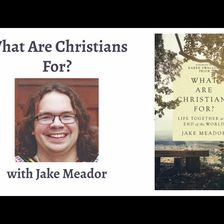
More on OpenTheo















